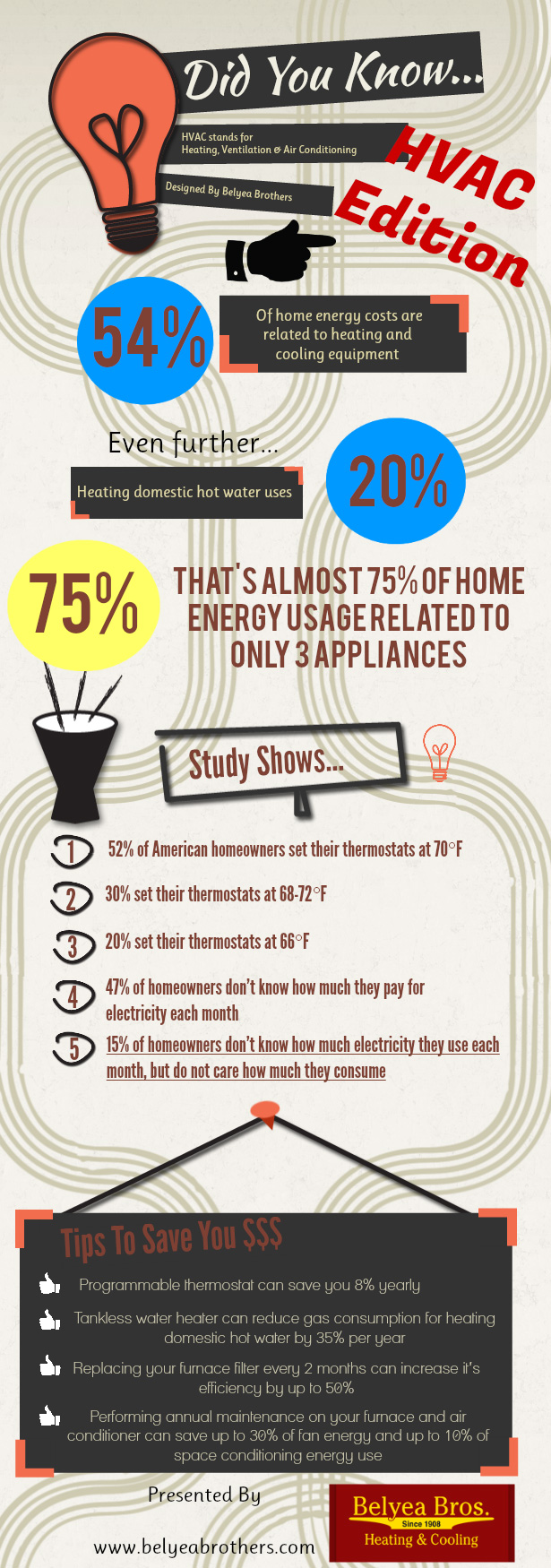The Future Of Home Heating - How Heat Pump Technology Is Advancing
The Future Of Home Heating - How Heat Pump Technology Is Advancing
Blog Article
Post Author-Rosenthal Roy
Heatpump will certainly be an important modern technology for decarbonising heating. In a circumstance consistent with federal governments' introduced energy and environment dedications, their global capacity doubles by 2030, while their share in home heating rises to one-quarter.
They function best in well-insulated homes and rely upon electrical power, which can be supplied from an eco-friendly power grid. Technological advancements are making them much more efficient, smarter and less expensive.
Gas Cells
Heat pumps utilize a compressor, cooling agent, coils and followers to move the air and warmth in homes and appliances. They can be powered by solar power or electrical energy from the grid. They have been acquiring appeal due to their inexpensive, peaceful procedure and the capacity to produce electrical power throughout peak power need.
Some companies, like IdaTech and BG MicroGen, are dealing with gas cells for home heating. just click the up coming post can change a gas boiler and produce several of a residence's electrical requirements with a link to the electrical energy grid for the rest.
Yet there are factors to be unconvinced of using hydrogen for home heating, Rosenow says. It would be costly and ineffective compared to other modern technologies, and it would certainly contribute to carbon emissions.
Smart and Connected Technologies
Smart home innovation permits homeowners to attach and manage their tools remotely with making use of smart device apps. For example, smart thermostats can learn your home heating preferences and automatically adjust to optimize energy intake. Smart lights systems can be regulated with voice commands and immediately switch off lights when you leave the area, lowering power waste. And smart plugs can keep an eye on and manage your electric usage, allowing you to recognize and limit energy-hungry devices.
The tech-savvy home shown in Carina's meeting is a good picture of exactly how occupants reconfigure space home heating methods in the light of brand-new wise home modern technologies. They depend on the devices' computerized features to perform everyday changes and regard them as a hassle-free ways of conducting their heating techniques. As such, they see no factor to adapt their practices better in order to enable adaptability in their home energy need, and treatments aiming at doing so might encounter resistance from these homes.
Power
Considering that heating up homes accounts for 13% of US exhausts, a button to cleaner options can make a huge distinction. However the modern technology encounters obstacles: It's expensive and calls for extensive home restorations. And it's not always suitable with renewable energy resources, such as solar and wind.
Till recently, electrical heat pumps were too pricey to take on gas designs in the majority of markets. However brand-new developments in layout and materials are making them extra economical. And much better chilly environment efficiency is enabling them to work well even in subzero temperatures.
The next step in decarbonising heating might be the use of warm networks, which attract warmth from a central resource, such as a neighboring river or sea inlet, and distribute it to a network of homes or structures. That would decrease carbon discharges and permit homes to take advantage of renewable energy, such as green electrical energy from a grid provided by renewables. This choice would be less costly than switching over to hydrogen, a fossil fuel that requires new facilities and would just reduce CO2 discharges by 5 percent if coupled with improved home insulation.
Renewable Energy
As electricity prices drop, we're starting to see the very same fad in home heating that has driven electrical cars into the mainstream-- yet at an also quicker rate. The strong environment case for electrifying homes has been pushed even more by brand-new research.
Renewables represent a significant share of contemporary heat consumption, but have actually been offered limited plan interest internationally compared to various other end-use fields-- and also less focus than electrical energy has. In part, this shows a mix of customer inertia, divided rewards and, in lots of countries, aids for fossil fuels.
New technologies can make the change less complicated. For instance, heat pumps can be made more energy reliable by changing old R-22 cooling agents with brand-new ones that don't have the high GWPs of their precursors. Some professionals likewise picture area systems that draw heat from a neighboring river or sea inlet, like a Norwegian arm. The cozy water can after that be made use of for heating & cooling in a community.